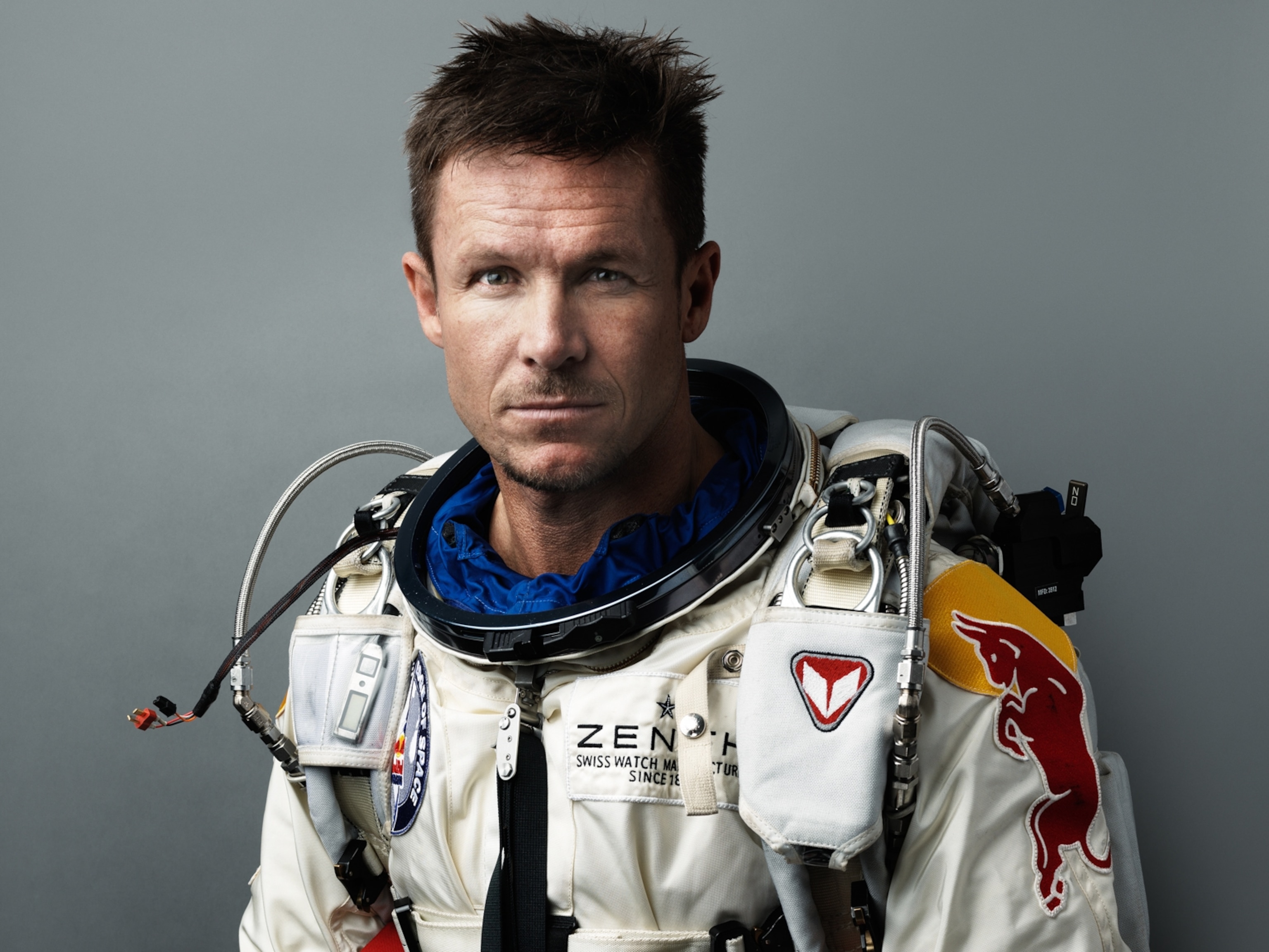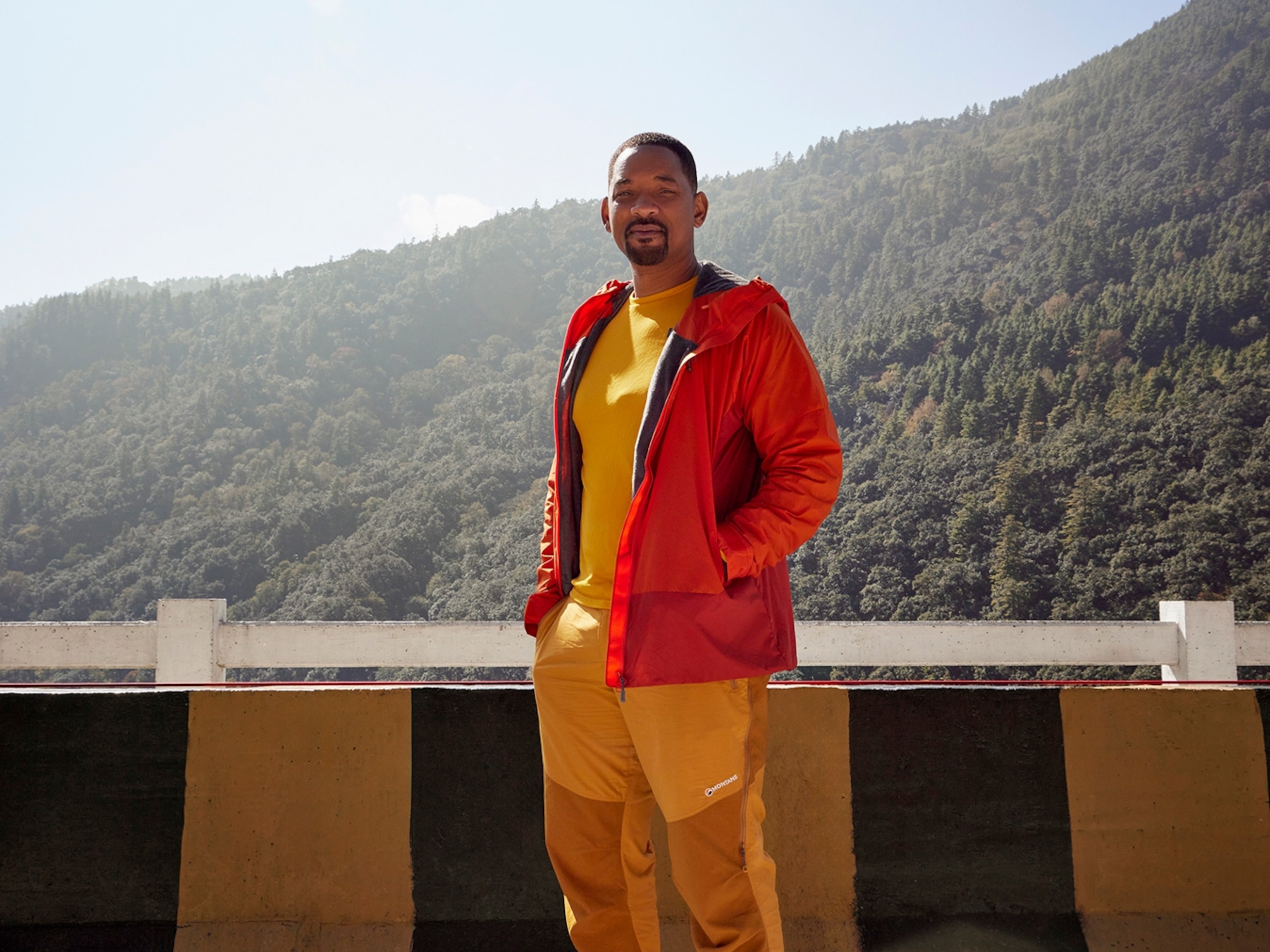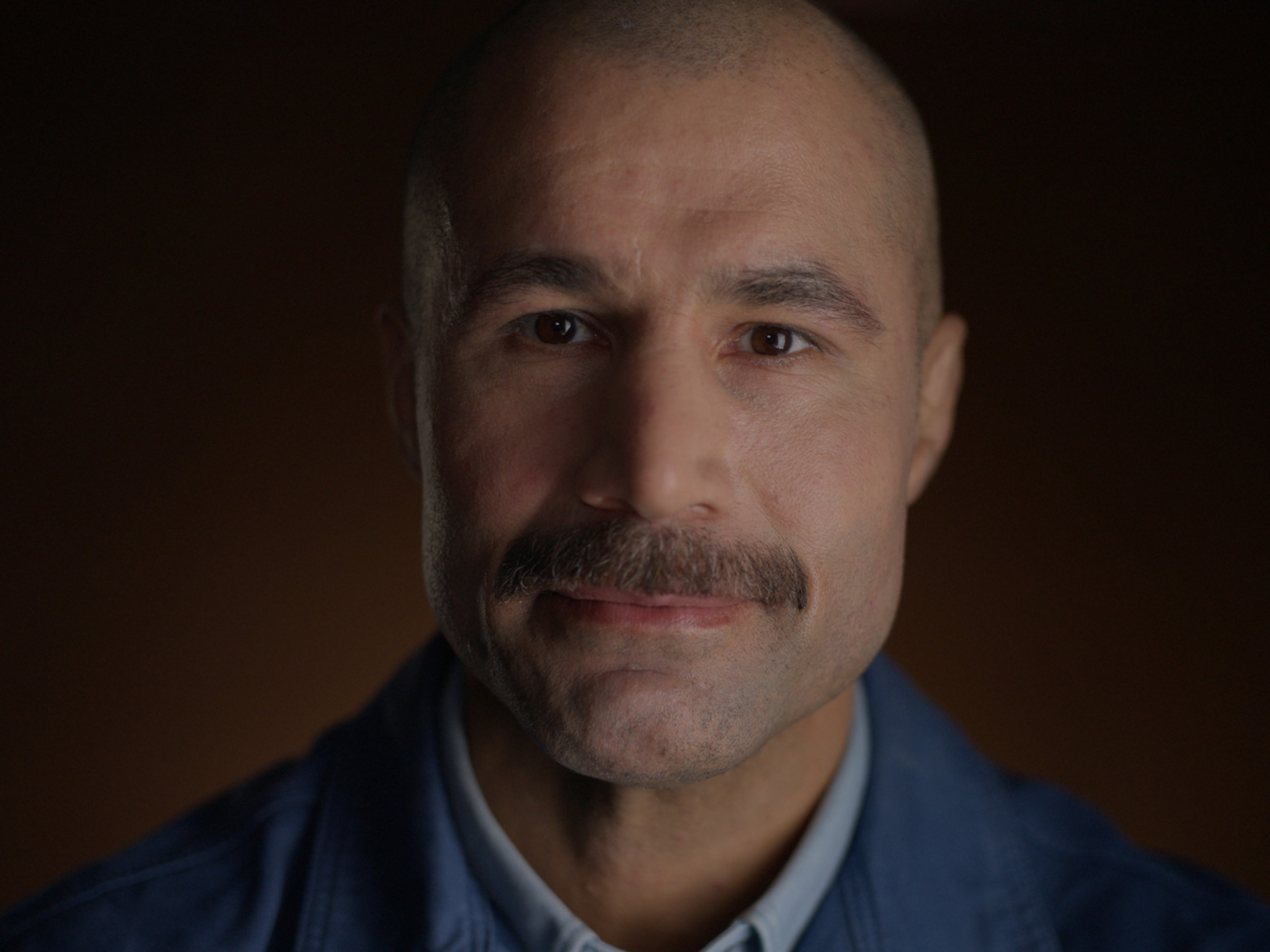Adventurers of the Year 2007
Angelika Brandt: Sea Scout
For years scientists thought biodiversity in the oceans was distributed like biodiversity on land: dense in the tropics and less so at the poles. But that was before Angelika Brandt took a good look around Antarctica. A zoology professor at the University of Hamburg, in Germany, Brandt and her team made three expeditions to the Southern Ocean between 2002 and 2005 aboard the icebreaker Polarstern. Sending instruments as low as 20,826 feet (6,348 meters) and dragging enormous trawling nets while battling Antarctic winds and swells, they brought up tens of thousands of specimens, a haul of unbelievable proportions. "I could see the happy faces," Brandt, 45, says of her colleagues. "This was spectacular!"
When Brandt and her team published their results this past spring, they presented the world with 700 previously unknown life-forms, including exotic carnivorous sponges, bizarre crustaceans, and worms that swim free in the icy deep. They also made the startling announcement that biodiversity in certain Antarctic waters is similar to that of the tropics, and that new life-forms are being continually exported worldwide on the deep-sea currents that emanate from Antarctic ice shelves. "For me the polar areas are so remote and so peaceful and wonderful in terms of wildlife," Brandt says, "that they are the most fantastic regions in the world."
- National Geographic Expeditions





